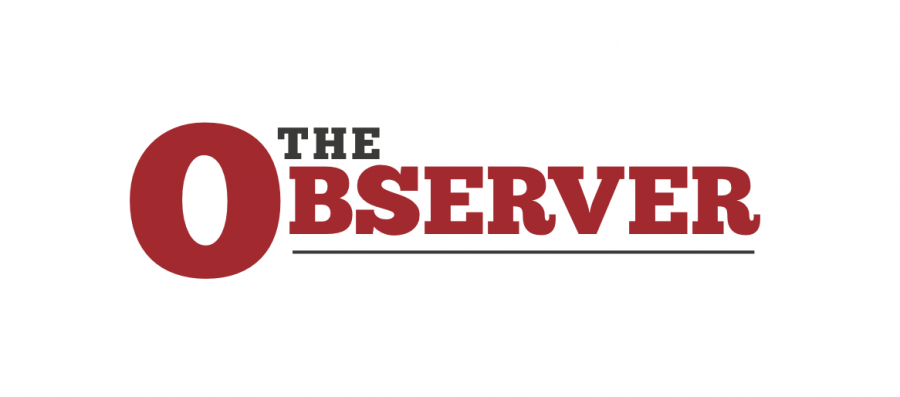On Career Mentoring from the Careerless
CWU’s Professional Network Mentoring Program is a valuable resource for students of all majors, years and interests
January 23, 2019
As a struggling college student, I only like to accept two things; help and free stuff. When my academic advisor offered me free help, I figuratively jumped for joy. As a CWU student expecting a spring quarter graduation, I need advising when it comes to career paths, resume building and further education. The mentoring program on campus is doing exactly that. The Professional Network resource, here at CWU, allows for former students to guide current students through the treacherous fields of adulthood and senioritis by offering mentor/mentee relationship opportunities.
So far, I have gotten out of this partnership exactly what I have put into it. Once a month I speak to my mentor for at least an hour. As a person with crippling social anxiety, this seems impossible at times especially since I never really got into phones or talking to real people. However, the phone call is usually worth the slight panic and cold sweat since the main point of these phone calls is to help me meet my professional and academic goals.
The mentee’s goals can be rearranged as the year goes on, which is useful since priorities can shift around before the academic quarter finishes, let alone the academic year. I am never going to admit that I have already changed more than half of my goals, but maybe a student out there can relate.
According to the Data and Outcomes page for the mentoring program, most participants find this program helpful as well. There was a survey sent out to 25 mentees, wherein 20 responded with mostly raving reviews. There is a chart on the mentoring data page that gives a few ways that mentors can help, like professional development and preparing for interviews. Shifting between goals like these gives variety which indecisive and/or stretched thin students may need.
Most of the responding students reported that their preferred form of contact was email, so it is safe to say that I am not the only socially awkward mentee. I would agree that email is useful, but all jokes aside the phone call makes our communication more efficient and compact. When I make bullet points ahead of time, the conversation moves quickly, and I get all the concerns that I may have across to my mentor in one conversational method.
There is also data on how much more confident students felt in their skill set after working with their mentors. I have only known my mentor for a quarter but knowing that there is an experienced human willing to help me with my professional woes makes me feel secure. I can plan a meeting with her at any time that works for the both of us, and bounce ideas off someone with real-life experience.
There is an overall sense of satisfaction that comes from working with a mentor who wants to help. I do encourage other students to join the program. Even if you just need someone to use as a business advice sounding board.
For more statistics visit https://www.cwu.edu/mentoring/data
And for more general information on the mentoring program go to https://www.cwu.edu/mentoring/professional-network



